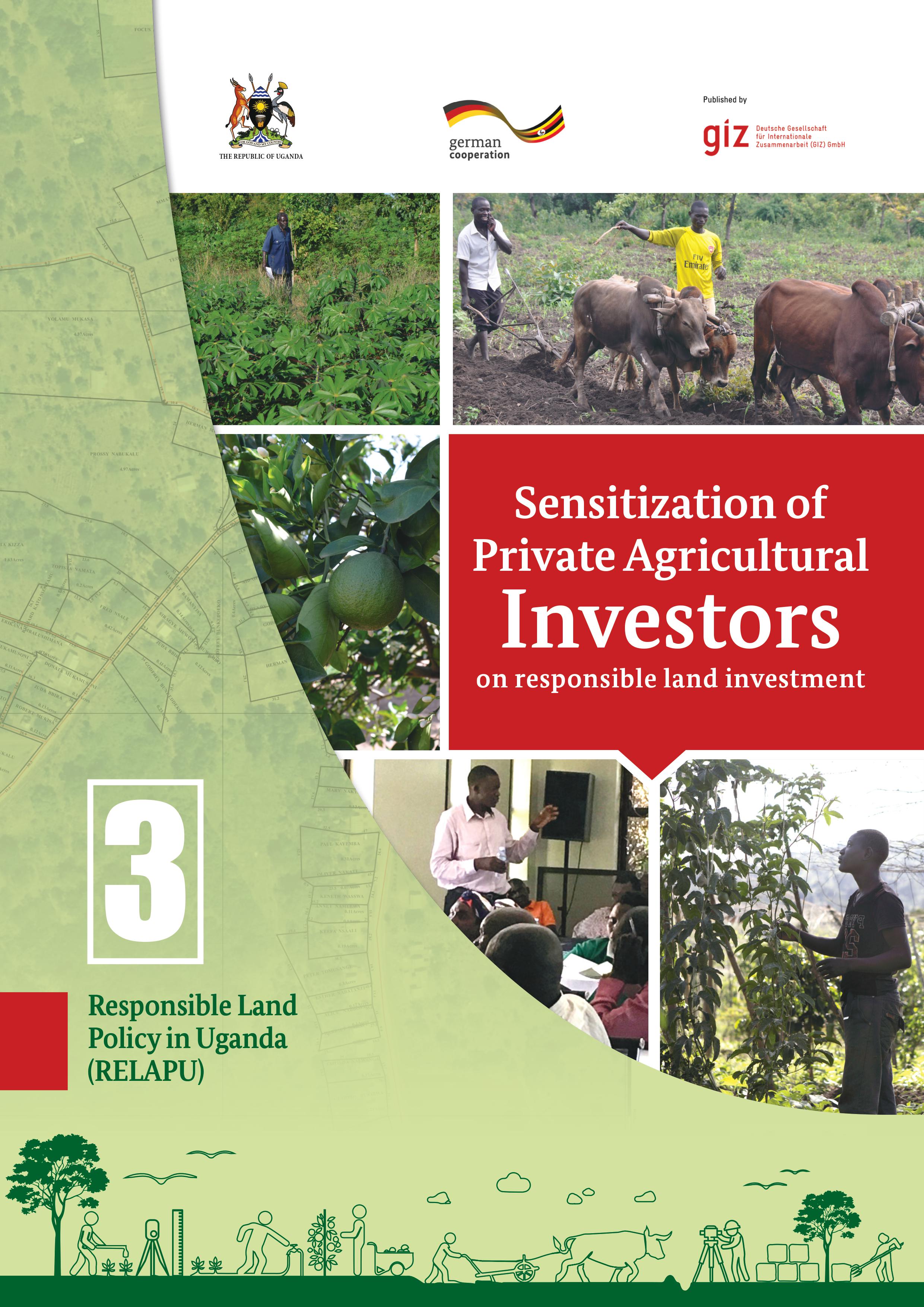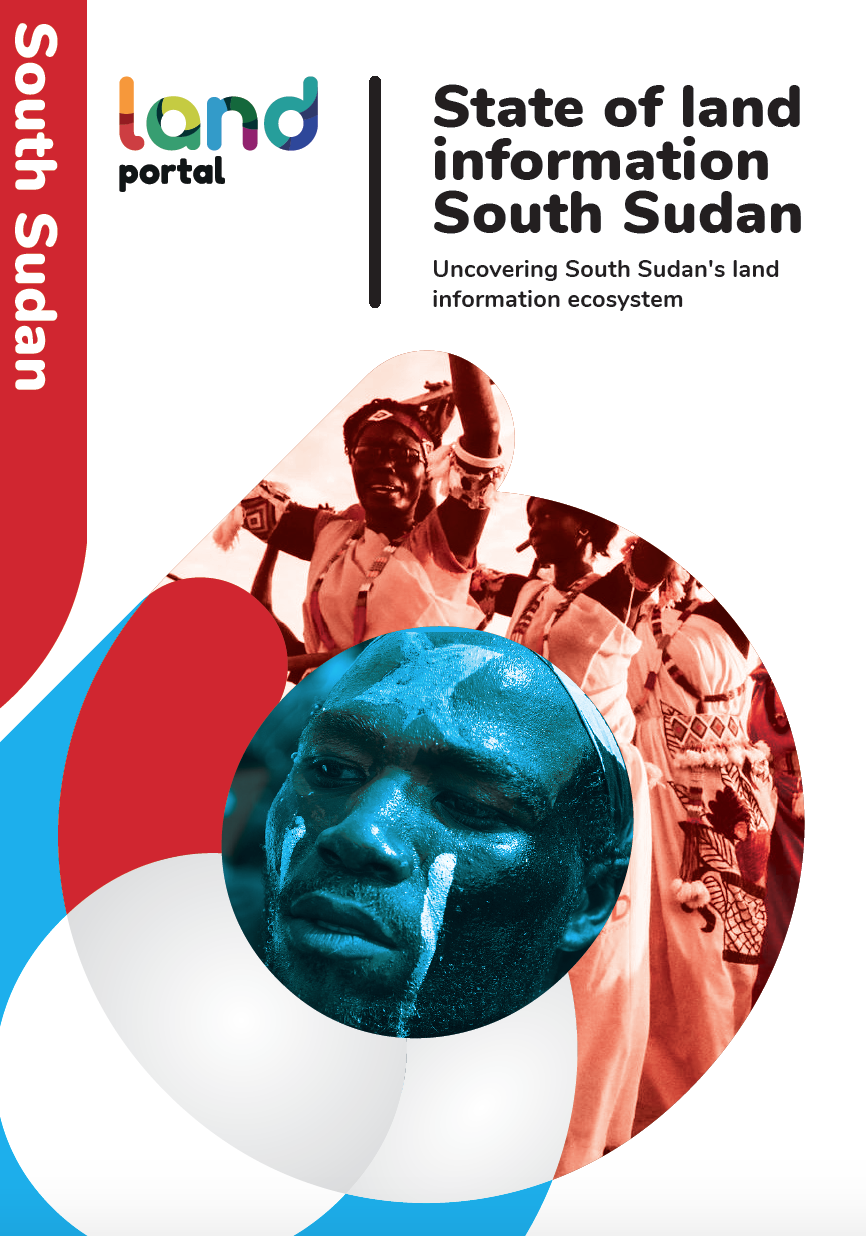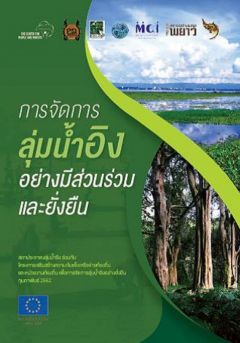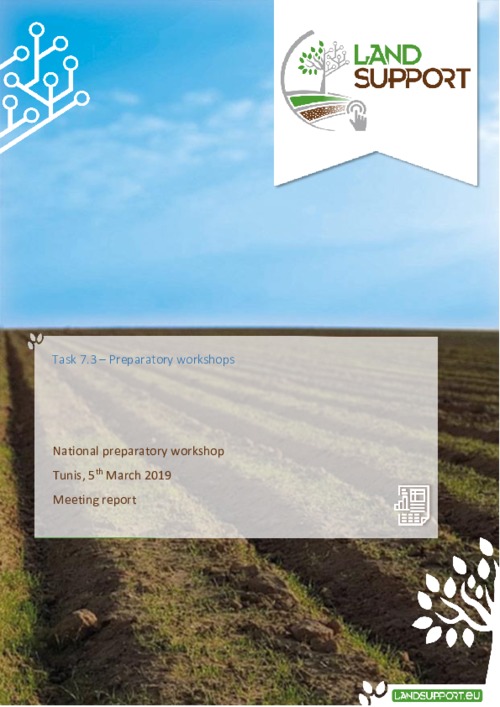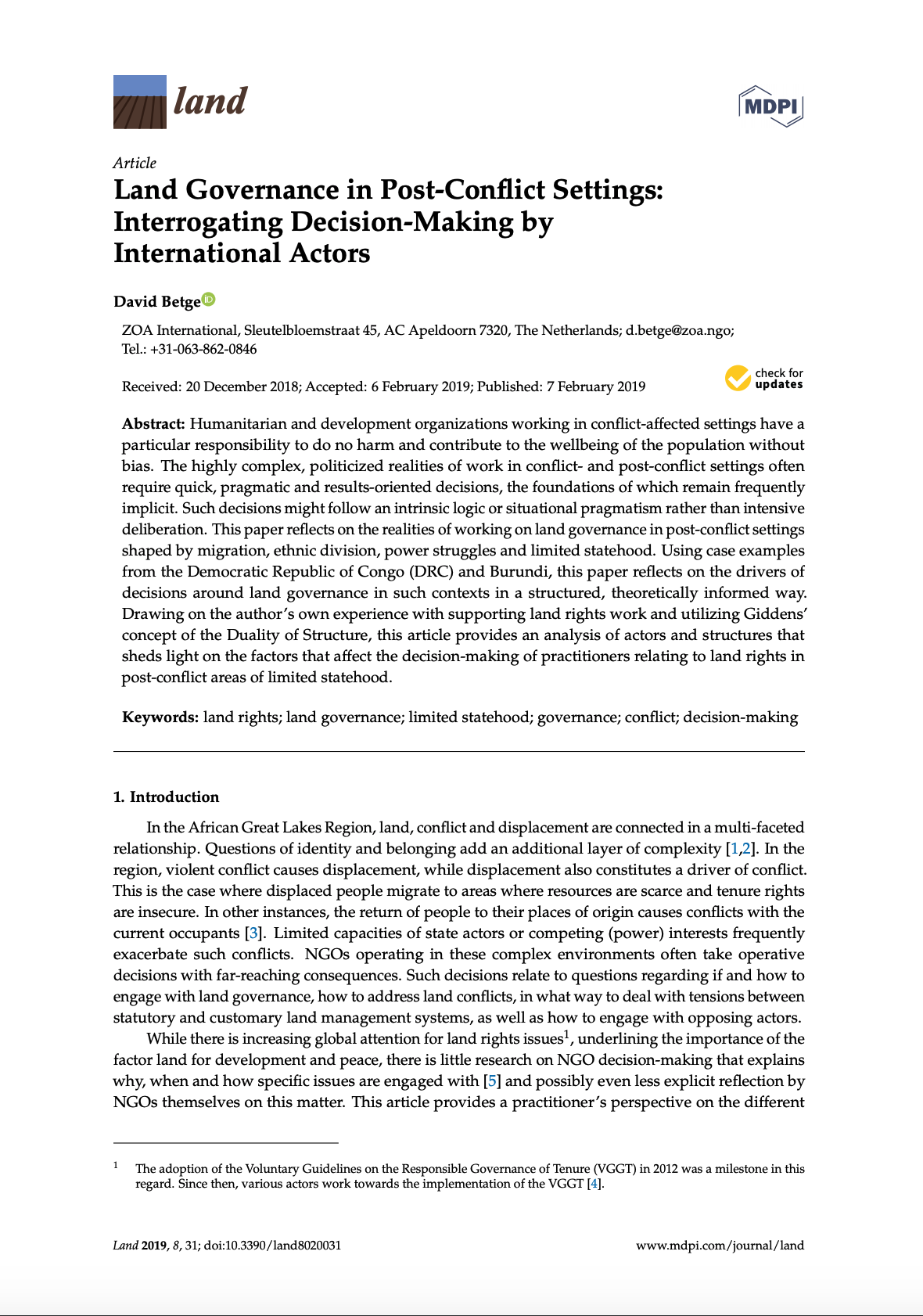Systematic Approach - Global Programme Responsible Land Policy
This brochure briefly summarizes the systematic approach of the Global Programme Responsible Land Policy implemented by the German Development Cooperation Gesellschaft für Internationale Zusammenarbeit (GIZ), and provides examples.


